Publications
Articles, publications, books, tools and multimedia features from the U.S. Institute of Peace provide the latest news, analysis, research findings, practitioner guides and reports, all related to the conflict zones and issues that are at the center of the Institute’s work to prevent and reduce violent conflict.

For Peace in Africa, Boost Regional Blocs — Like West Africa’s ECOWAS
As the United States and international partners work to stabilize Africa’s Sahel region — and to prevent its warfare, violent extremism and armed coups from metastasizing into Africa’s densely populous and strategic Atlantic coast — the West African multinational bloc, ECOWAS, has proven its value in resolving crises and promoting stability. Yet, as global security threats have evolved, ECOWAS, like other multinational bodies, needs updated capacities to meet new challenges. International democracies’ most effective initiative to support West Africa’s stability would be to partner with West Africans to strengthen their vital regional community. A similar strategy is valid across Africa.
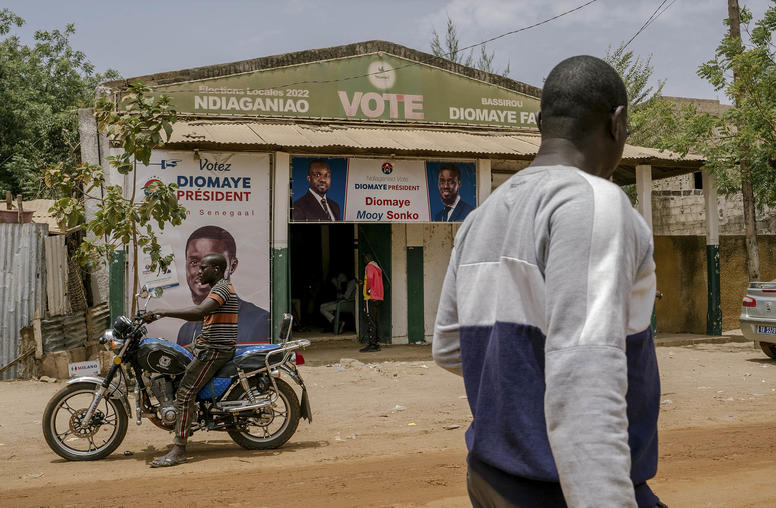
Senegal just saved its democracy. That helps all West Africa.
Senegal’s dramatic transfer of presidential power this week highlights that West Africa, routinely seen as a zone of democratic erosion and failure, includes an arc of resilient coastal democracies — from Senegal to Liberia, Ghana and Nigeria. The Senegalese people’s resolute reversal of last month’s constitutional crisis shows that U.S. and international efforts to counter violent extremism and military coups can reinforce a potent West African democratic constituency. Vital next steps include these: supporting Senegal’s democratic forces in shifting from “campaign mode” to inclusive governance; promoting economic investment to bolster youth employment and rule-of-law reforms; and energizing a West African democratic alliance against extremism and coups.

Joseph Sany on Secretary Blinken’s Africa Tour
U.S. Secretary of State Antony Blinken recently made diplomatic stops across West Africa to continue building U.S.-Africa cooperation. However, USIP’s Joseph Sany says, “The U.S. has to ensure that the speeches are followed by deed,” adding that “African countries will also have to play their part.”
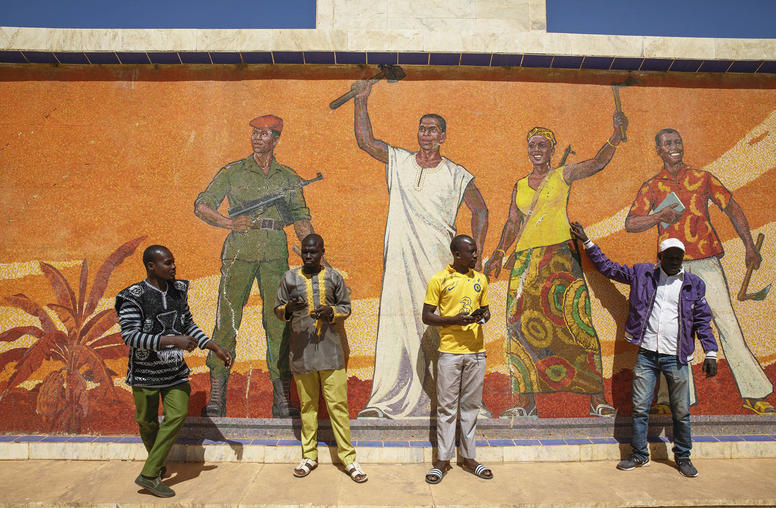
How to Respond to Niger’s Coup — and Prevent the Next One
Military officers in Niger are rushing to consolidate the power they seized 15 days ago, while West Africa’s elected governments and regional institutions are seeking ways to reverse the July 27 coup d’état. Niger’s coup seems a particular setback for democracy, completing a six-nation belt of military regimes across Africa’s Sahel region. Amid this uncertain power struggle, how can the world support Africans’ demonstrated demand for elected, democratic governance that meets their peoples’ needs? We should begin by hewing to several basic principles. One is to keep our responses to coups coherent — but not uniform. Niger’s coup is distinct; our response must be as well.
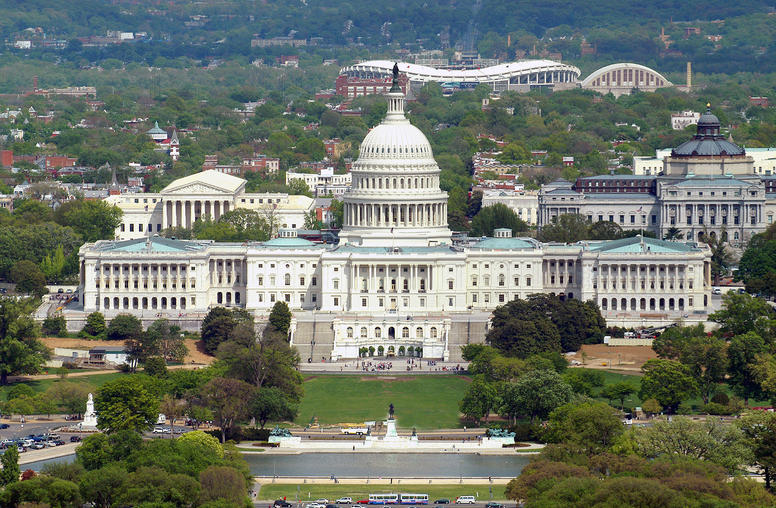
Great Power Competition Implications in Africa: The Russian Federation and its Proxies
Joseph Sany, vice president of the Africa Center at the U.S. Institute of Peace, testified on July 18, 2023, before the U.S. House Committee on Foreign Affairs Subcommittee on Africa's hearing on "Great Power Competition Implications in Africa: The Russian Federation and its Proxies."
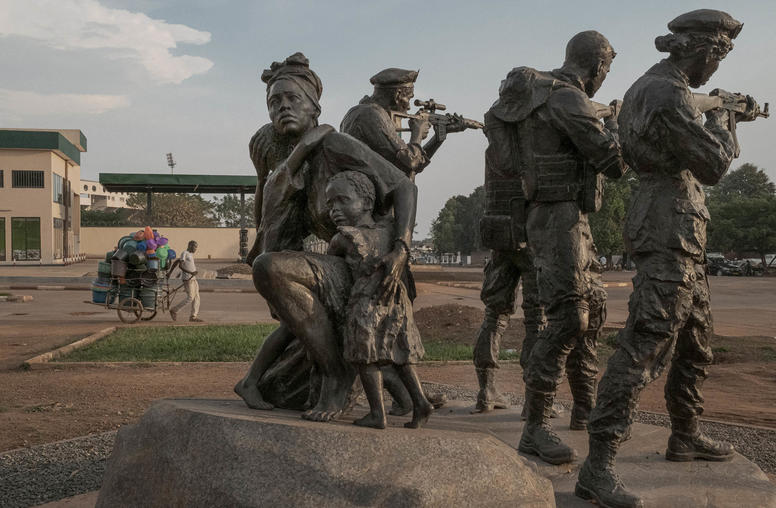
In Africa, Here’s How to Respond to Russia’s Brutal Wagner Group
The United States is rightly concerned at the growing role in Africa of Russia’s Wagner Group, which operates as an auxiliary of President Vladimir Putin’s authoritarian regime. Where African governments have asked Wagner for security assistance, the group deploys military, economic and political interventions that deepen violence, corruption and authoritarian governance. Wagner’s role disrupts Africans’ efforts to move their countries from violent conflict to stability. Yet many Western responses are ineffective, even playing into Kremlin messaging to Africa and the Global South. An effective alternative requires that we listen to Africans’ voices and respond based on our shared values.
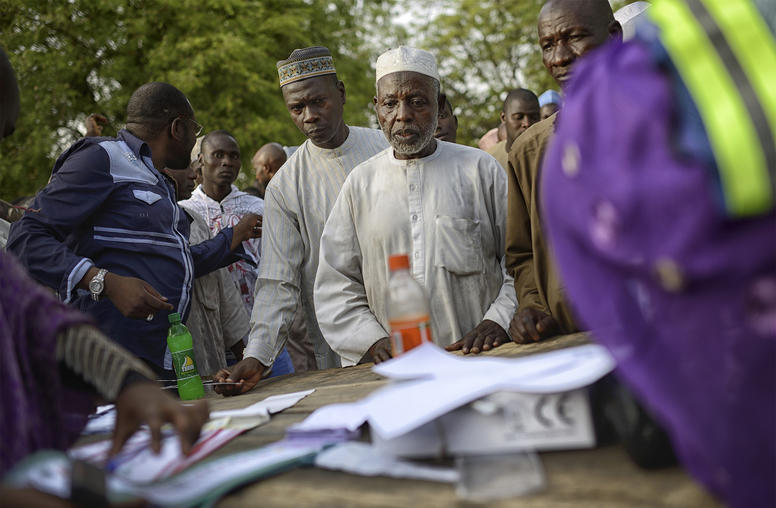
A Key Election for Nigeria Raises a Rising Demand: Inclusion
Nigerians, nearly one-sixth of all Africans, will choose a new president next week in what may be Africa’s most consequential election of 2023. A central demand amid this campaign is a better inclusion of Nigeria’s hundreds of ethnic, religious and other communities in elections and governance.

Joseph Sany on the U.S.-Africa Leaders Summit
Ahead of this week’s summit, USIP’s Joseph Sany says the United States has shifted its approach toward the continent: “Long gone are the days where America will come and dictate solutions. This time around, we are willing to listen and support African solutions for African problems.”
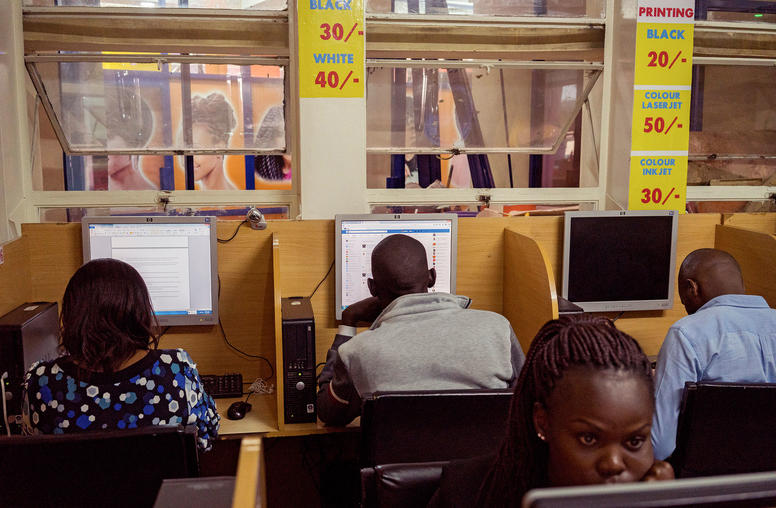
America and Africa Need a New Partnership
America needs strong partners in meeting this century’s accelerating challenges: climate change, human migrations, pandemics, tech revolutions and threats to democracy. A vital new partner, the U.S. administration has rightly declared, must be a rising geostrategic actor: Africa. Next week’s U.S.-Africa Leaders Summit will test America’s readiness to move from visionary declarations to concrete work. The key step, little noted in American public discussion, is for the United States to invest in Africa’s own 21st century development plan. This summit should send Americans and Africans home with “to-do” lists and a schedule to shape the first joint projects under that plan.
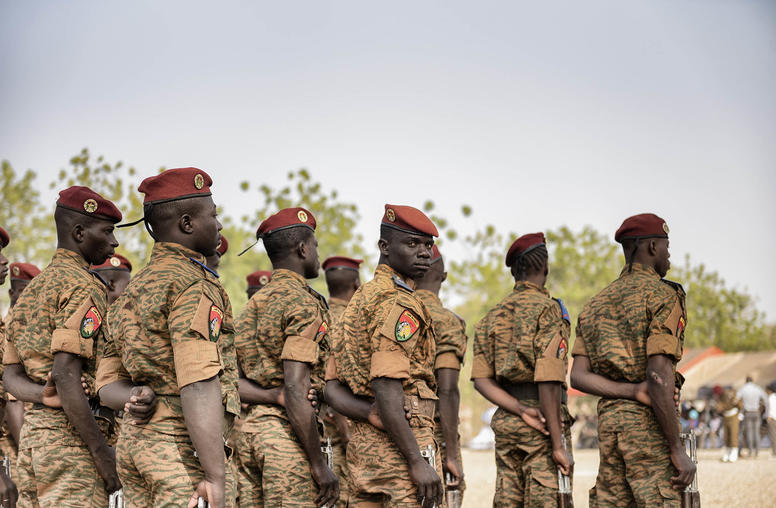
Another Coup in the Sahel: Here’s a Way to Halt This Cycle
This month’s coup d’etat in Burkina Faso, the seventh in 26 months around the Sahel region, only extends the Sahel’s long agonies of failing governance, civil wars and violent extremism. Military-led intervention by France and other outside powers has failed to stem the widening destabilization of a landmass and population vastly bigger than those of the recent U.S. wars in Afghanistan or Iraq. U.S. and international security require a policy reset that addresses the Sahel crisis’ causes rather than its symptoms. In Burkina Faso and other states, this means supporting inclusive processes of national dialogue that can mobilize whole of the society to address those causes.